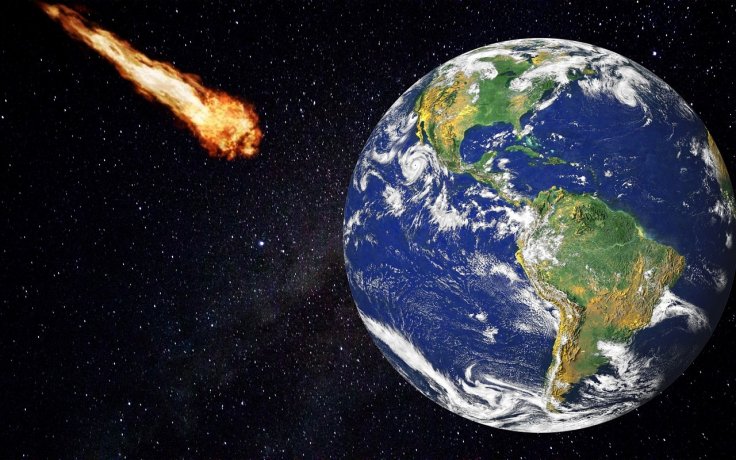NASA's automated asteroid tracking system has spotted the biggest space rock to approach Earth this month. Based on the data collected by the agency, the asteroid is big enough to cause an impact event on Earth if it hits the planet.
The asteroid was detected by NASA's Center for Near-Earth Object Studies (CNEOS). According to the agency, the massive potentially hazardous asteroid will approach the planet on Saturday.

Facts about the approaching Asteroid
As indicated in the data collected by CNEOS, the approaching asteroid is known as 2019 UO. The agency indicated that the asteroid is currently moving towards Earth at an impressive average speed of about 33,800 kilometers per hour. 2019 UO has an estimated diameter of 550 metres, which makes it the biggest asteroid that will approach Earth in January. Given its size, the asteroid twice as big as the Gouco Tower, the tallest building in Singapore.
According to CNEOS, 2019 UO is expected to enter Earth's vicinity on Jan. 11 at 7:48 am Singapore time. Fortunately, this massive asteroid is not in danger of hitting Earth during its upcoming visit. As noted by CNEOS, the asteroid will fly past Earth from a distance of 0.03021 astronomical units, which is equivalent to about 4.5 million kilometres away.

Classifying '2019 UO' as potentially hazardous
Through observations on 2019 UO, NASA was able to plot the trajectory of the asteroid. According to the agency, 2019 UO is a member of the Apollo family of asteroids. Like other Apollo asteroids, 2019 UO has a very wide orbit within the Solar System. Aside from Earth, 2019 UO is also known to approach other planets within the Solar System such as Mars, Mercury and Venus. Occasionally, the asteroid's orbit intersects with that of Earth and Mars.
Due to the asteroid's Earth-crossing orbit and its massive size, it has been labeled by CNEOS as potentially hazardous. This means that the asteroid is capable of approaching Earth at extremely dangerous distances. Given its massive size, the asteroid could cause a major impact event that can wipe out a large city if it collides with the planet.









